With decades of R&D, we’ve developed and tested every element of our Living Ecosystems, from elegantly designed aquarium equipment to bio-active sands and sustainably sourced marine life. Each component ensures reliability, low maintenance, and sustainability, creating a robust system built to thrive in your home. We’re excited to share our journey as we continue to refine and innovate.
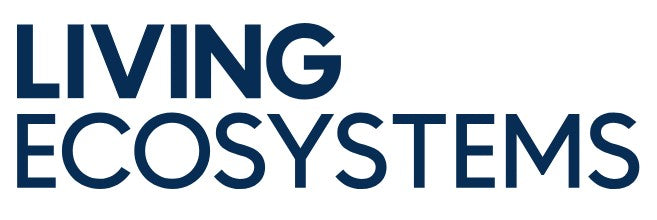
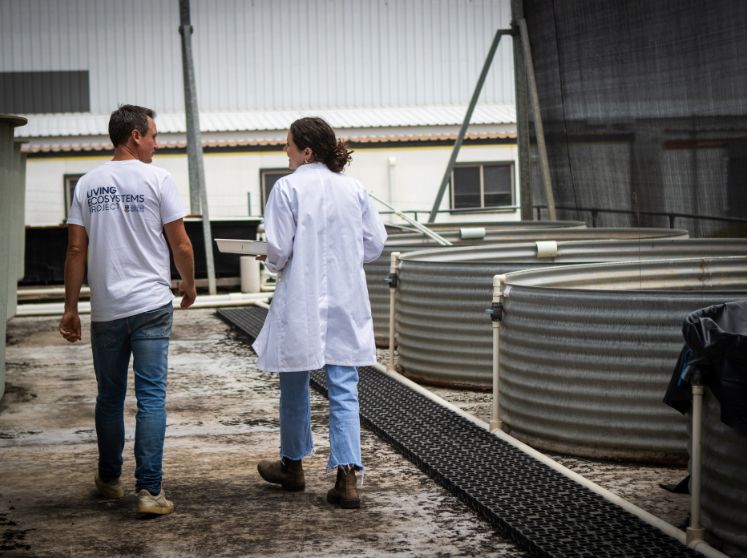
Transforming Aquarium Sustainability
The Living Ecosystem aquarium is backed by science, developed through collaboration with the University of Western Australia (UWA) and other leading research partners. Through groundbreaking research in multitrophic aquaculture on an industrial scale, we’ve designed a system that combines fish, corals, and bio-active elements to naturally recycle nutrients, creating a resilient, self-sustaining environment. The Living Ecosystem is crafted to thrive with minimal upkeep, optimising conditions for marine life to flourish.
Our approach moves away from traditional aquarium practices, replacing wild-caught specimens with cultured, robust species that support eco-friendly, sustainable setups. This project doesn’t just preserve marine life—it redefines how aquariums can function, protecting delicate ecosystems while enhancing the survival and wellbeing of aquarium inhabitants.
Sustainable Marine Ornamental Aquaculture
The Living Ecosystems Project is paving the way for growth in sustainable inland marine ornamental aquaculture and aquarium practices. In partnership with UWA and industry leaders, we’re building a new market focused on creating jobs, supporting regional communities, enabling high-value export opportunities, and driving positive environmental impact. By advancing ecosystem engineering and nutrient cycling, Living Oceans is leading a shift toward sustainable, innovative practices that redefine the aquarium industry.
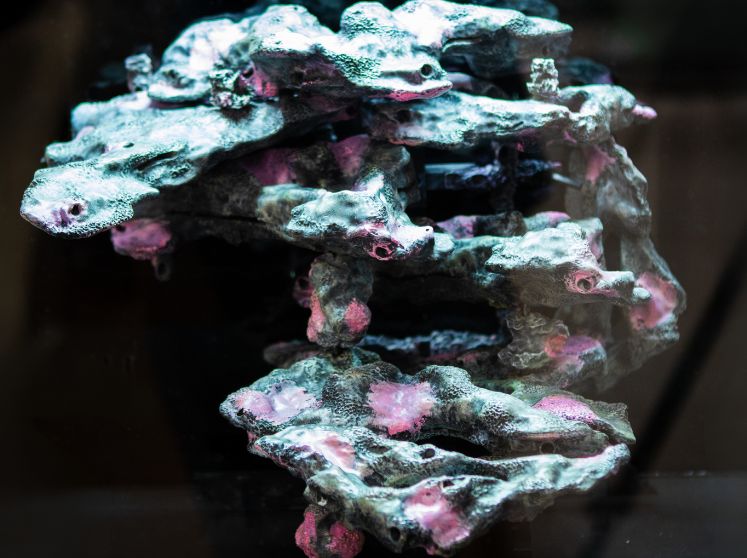
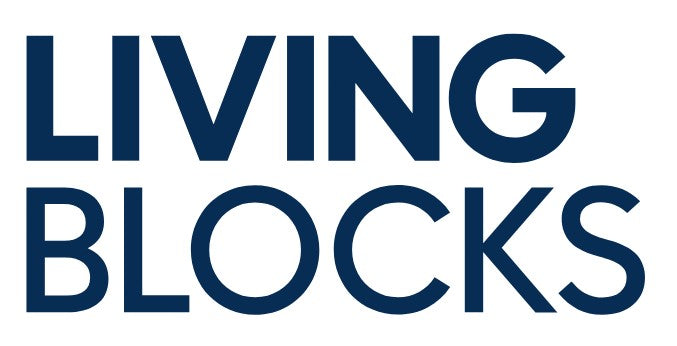
Advanced Reef Technology
Living Blocks is a sustainable, modular, and biologically active reef system, designed to give control back to the aquarist. Engineered for adaptability, each Living Block can be transported, customised, and reassembled with minimal effort, creating a dynamic, eco-friendly habitat that evolves with your vision. Living Blocks support a thriving marine ecosystem, making reef-keeping simpler and more sustainable than ever.
The Modular Blocks Revolution
“We wanted to develop something that met strict design criteria—cost-effective, stable, and robust enough for real biological activity. The goal was ambitious: to redefine the marine aquarium experience by making it easy for aquarists at any level to support a thriving reef with minimal upkeep. That’s how Living Blocks was born: a modular reef system that’s adaptable, scalable, and promotes a natural ecosystem. Each block integrates seamlessly, allowing aquarists to build secure, sustainable structures that fit any tank size.
Our team has gone through countless prototypes, testing everything from structural stability to biological functionality. We wanted Living Blocks to enhance nutrient cycling, optimise water flow, and provide a solid foundation for a thriving marine environment. And we're not done yet. We’re always working on new pieces to make Living Blocks even more versatile, giving aquarists more options to create a sustainable marine ecosystem that’s tailored to their vision."
– Jayden Harp
Living Oceans Co-Founder and CTO Engineer
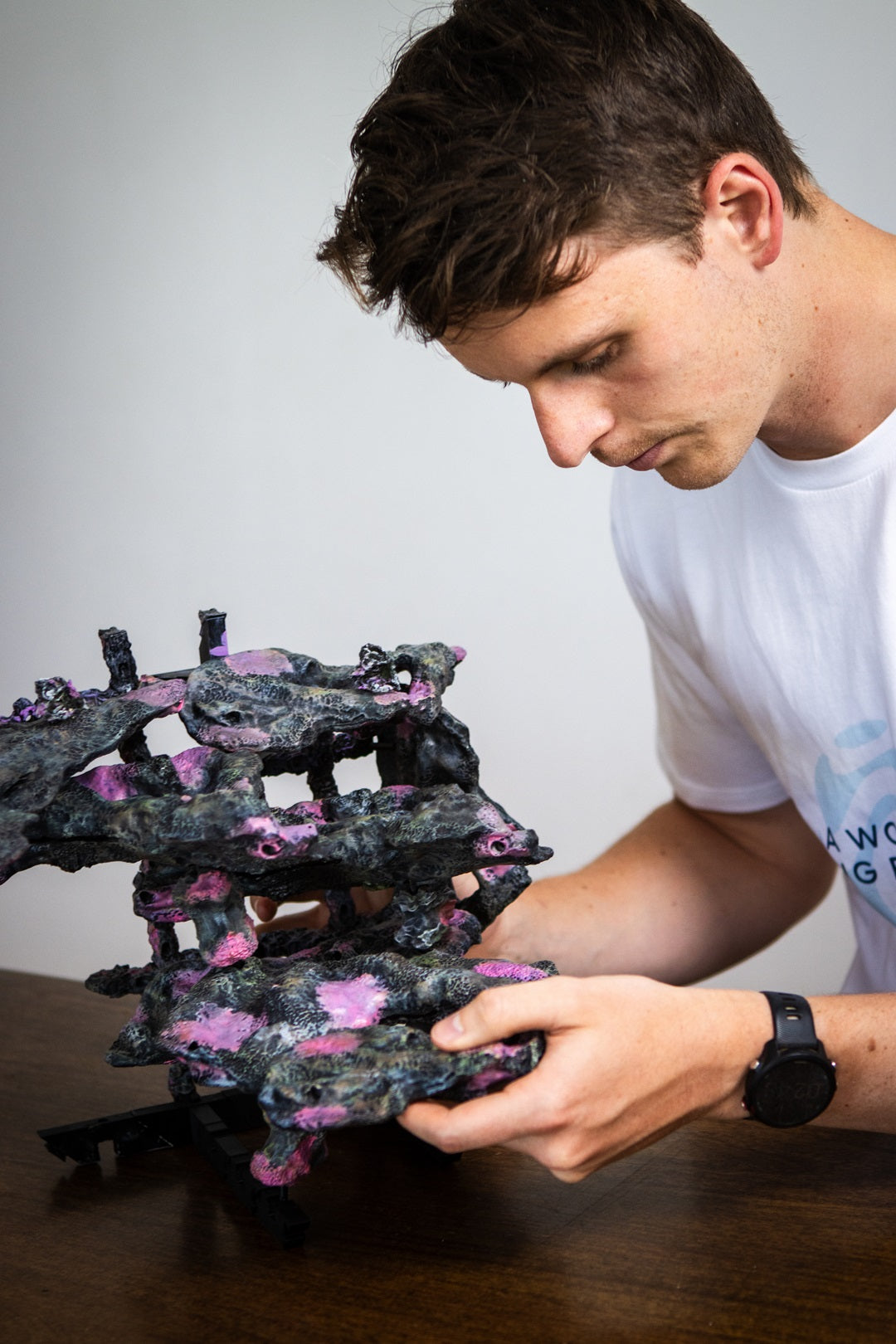
Real Experiences, Real Impact
We’ve been gathering feedback from our Living Oceans community to understand how our products perform in real-world setups. These conversations provide valuable insights—allowing us to hear firsthand what’s working and where we can improve. Recently, a community member shared how our solutions transformed their aquarium maintenance, making sustainable reef-keeping more accessible and enjoyable.
Stories like these remind us why we started Living Oceans: to create products that truly support aquarists while promoting sustainability. As our feedback program grows, we look forward to refining our solutioms to align even more closely with the evolving needs of our community.








